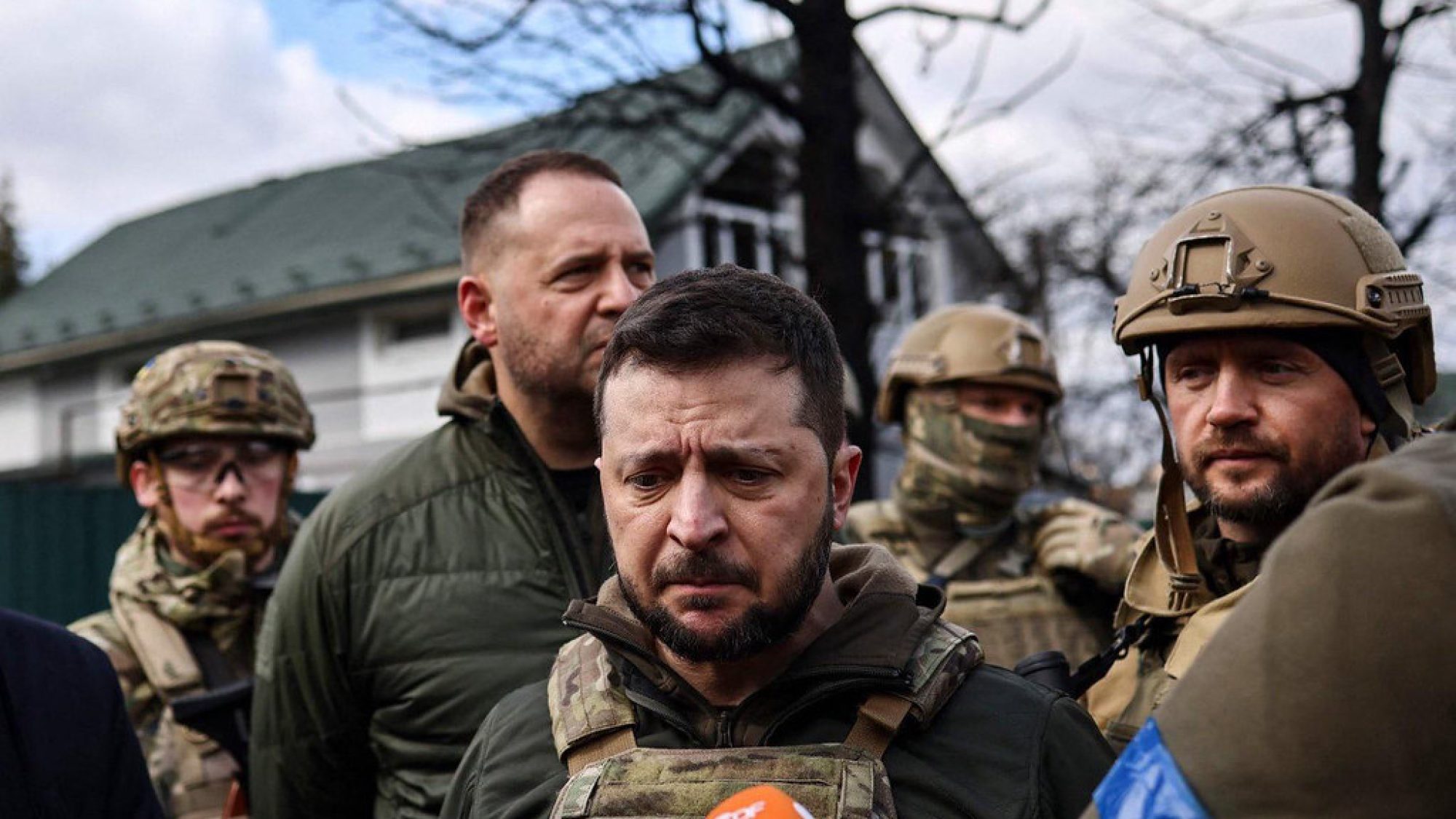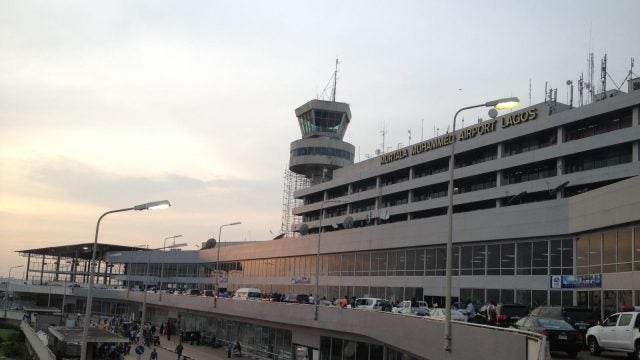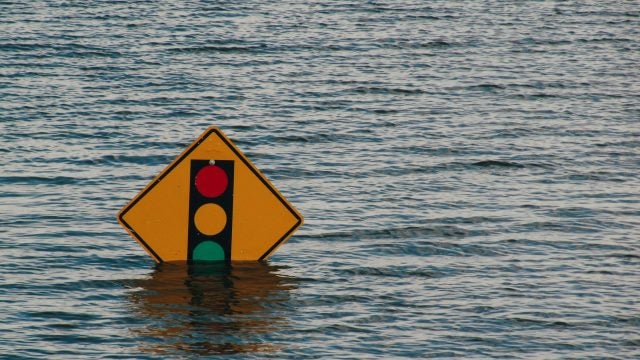
Title: Russian History and the Ukrainian Invasion: How Putin Tries to Turn the Past into the Present
Centering World War II as the foundational event defining Russian national identity, President Putin has tried to use the seventy-five-year-old conflict to recontextualize the invasion of Ukraine as a defensive action. However, this rhetorical maneuver has not been as successful as during previous territorial aggression due to the scale of the invasion, the close ties between the two countries, and most of all, the absurdity of tying today’s Ukraine to yesterday’s villains, namely Nazi Germany.
With his invasion of Ukraine, President Putin is asking Russians to accept two sets of myth to justify Russian aggression. One is primarily political and denies Ukraine’s sovereignty and right to independence as a nation and people. The other is tied to Russia’s military history and draws on its perceived exceptional status given repeated foreign invasions. This second justification has ramifications beyond a single country—its use predates the Putin era, and it serves as a foundational myth for Russia today. The worldview’s anchor lies in the Second World War and the perception that Russia acted not only as a bulwark but also the world’s preeminent foe against Nazism. No one would deny Russia’s place in that history. However, Putin’s attempt to rewrite the present war into that historical narrative has fallen flat not just in the West, but more importantly at home due its reach, applicability, and acute falsehoods on which it is based.
The Rebirth of Fascism in the Twenty-First Century
The heart of this second myth is that World War II did not end in a Berlin bunker with Hitler’s suicide in 1945. Instead, the Nazi threat went underground, only to re-emerge in the 1990s as the United States became the unchallenged world hegemon following the breakup of the Soviet Union. From this perspective, the tentacles of Nazism found a modern incarnation in predatory American imperialism. This supposed malice was undertaken overtly during wars of aggression like the 2003 invasion of Iraq and covertly through NATO’s expansion to Russia’s borders. Now the same Nazi threat has taken seed in Ukraine, seized control of the nation, and shown its true colors in a “blitzkrieg” against eastern Ukrainians and a “genocide” against Russian speakers. In the face of this advancing existential threat, Russia began its “special military operation” as a preventive measure because: 1) if Ukraine is only an extension of Russian land, then the West’s invasion began years ago; and 2) World War II demonstrated that military force—not negotiation or diplomacy—is the only way to stop Nazism. Yet, while it is true that far-right Neo-Nazi elements have arisen on Ukrainian territory, most famously the “Azov Battalion,” their presence also exists in Europe, the United States, and Russia. It is also true that NATO has expanded to Russia’s borders and was originally formed to contain the Soviet Union. In Russia’s version of history, however, whatever peaceful pretenses NATO may have had represent nothing less than a military coalition targeting Russia.
It is important to note that the roots of this myth predate and extend well beyond today’s confrontation. The idea that Russia is at the forefront of the struggle against Nazi Germany has become central to Russian national identity, forming a civic religion as proclaimed in the official twelve-volume history The Great Patriotic War. This quasi-religion has state rituals like the May 9 Victory Day processions, as well as holy sites and temples like the massive Victory Park complex in Moscow. Moreover, statements complicating Russia’s nigh-holy crusade against Nazism are subject to prosecution for falsifying history under the 2014 Criminal Code. The power of this myth extends even further by positing that World War II was not a unique chapter in Russian history, but the culmination and confirmation of the country’s exceptional status. No other nation, so runs this belief, has been so frequently targeted by foreign invasion since it came into being a thousand years ago. In fact, virtually every century can be redrawn to center on a foreign invasion of the lands that would become Russia. Starting with the Mongols in the thirteenth century, history can then jump to the Polish invasion at the beginning of the seventeenth century, the Swedish invasion a hundred years later, Napoleon in the nineteenth century, and finally, Nazi Germany in the twentieth. “We are history’s makers,” declared Vladimir Medinsky, the former Minister of Culture now leading the Russian peace negotiators with Ukraine. “Just as we broke the back of a continental Europe united behind Napoleon,” he wrote a decade ago, “we did it again to a Europe united behind Hitler.” Today, according to Putin, Russia faces yet another invasion by a Western military coalition united against it.
This myth of Russian exceptionalism requires two caveats. First, it is not just a tool of state propaganda; one can hear its expression across all of Russian culture, from its films and television to its textbooks and religious tracts—even those outside of state control. Second, it is not a product of the twenty-first century. In fact, many famous Russians of the nineteenth century believed that their nation had a special mission in the world to serve as shield against foreign aggressors and, in performing that duty, save the world from tyrants like Napoleon and the Mongols.
A Myth Gone Awry
Despite its deep roots, this myth has fallen flat today as a cover for the invasion of Ukraine. It has not brought an appreciable boost to Putin’s domestic ratings and has not witnessed the popular showing of support that occurred with the seizure and annexation of Crimea in 2014. If anything, most public demonstrations have been against the war, and many prominent figures in Russian popular culture and sports have come out against it. The exodus of Russians from their country continues to grow as well. A key sign of this myth’s current weakness is the passage of a new law criminalizing any expression against the invasion, punishable by up to fifteen years in prison. One might not have expected this failure, since Putin benefited from regional aggression during his rise to power when he subjugated Chechnya, briefly invaded Georgia and even, to an extent, seized and annexed the Crimea in 2014.
This traditional justification has failed to persuade in part because of the sheer ludicrousness of attempting to link the government of Ukraine’s president, Volodymyr Zelensky—whose grandfather was a Jew who fought against the Nazis in World War II—to Nazism. The unexpectedly strong resistance of the Ukrainian people themselves has also played a key role, as it thwarted the Russian military’s plans for a swift takeover of the country. The strong cross-border ties between families and friends are important as well.
Yet there is also a generational element at play. Putin has now been in power for over twenty years without serious challenge, and Russia has only become more autocratic. Over time, his so-called “information war,” the effort to promote the state’s official line across media, has failed to keep pace with a new generation of Russians and Ukrainians armed with the latest technology. Putin’s information campaign is in no way capable of competing with the fully digitized world of 2022, one saturated with TikTok, Instagram, YouTube, and other platforms that have overwhelmed an aging Russian propaganda machine.
Looking Forward—to the Future, Not the Past
The failure of this narrative to fully take hold in the Ukrainian conflict has important implications for what happens when a country or leader engages in a war of choice. If the story or justification behind the conflict needs to change, then it is likely a sign that things are not going well. The United States learned this in Vietnam and in successive quagmires in Iraq and Afghanistan. Those conflicts, however, were subject to a variety of motivating myths over the course of years. Here with Ukraine, in the span of just weeks, Putin’s regime has already cycled through several of these justifications—all under the umbrella of Nazism but with ever-changing stripes. From February’s straightforward focus on blitzkrieg and genocide, Russia’s motivating stories have continued to expand. Justifications now include everything from stopping an alleged biological weapons threat to serving as a shield against Western attempts to promote gender freedom and “cancel” Russia’s traditional values.
With the war ongoing, no one can say exactly how it will end. Perhaps, however, World War II might offer another lesson. One can argue that the war did not end in a bunker in 1945 but with the Nuremberg Trials, which began in November that year. There, the first charge laid against Nazi Germany was its unlawful aggression against another nation, the original sin from which all other horrors followed. Given that this war of aggression was undertaken at Putin’s directive, it remains to be seen if history might repeat itself.
Nonetheless, that may be wishful thinking since Putin will likely never allow himself to face justice in an international court. Even so, it still behooves the West to recognize where Putin’s justifying claims stem from, even if they appear patently absurd. This narrative constitutes a key part of Russia’s modern identity, and the world will likely hear these claims again. Understanding where they come from does not signify acceptance or condonation, but does help avoid ignoring or dismissing them outright. Too often the West is quick to denounce Russian beliefs as nonsensical, such as when Angela Merkel proclaimed in 2014 after a phone call with Putin that he was “in another world.” That world—Russia’s world—may look askew today, but its roots run deep through its history. Giving Russia the recognition of the past it deserves—such as the laurels Russia and the Soviet Union rightfully earned in the Second World War—might be a way to break that myth’s hold on the present.
. . .
Gregory Carleton is Professor of Russian Studies at Tufts University and the author, most recently, of Russia: The Story of War (Harvard University Press, 2017). His specializations include not only war in Russian culture, but also questions of nationalism and national identity.
Image Credit: Flickr; Creative Commons License 2.0; manhhai
Recommended Articles

Africa accounts for approximately two percent of global air travel. Given the continent’s vast size and large distances between major trade hubs, enhancing intra-African air connectivity will be…

An estimated 7.9 million Venezuelans migrated abroad for the long term under President Nicolás Maduro’s rule as Venezuela’s political, economic, and social crises have deepened. Alongside rising Venezuelan migration, migrants…

Amid stalled U.S. federal climate engagement and intensifying transatlantic climate risks, subnational diplomacy has emerged as a resilient avenue for cooperation. This article proposes a Transatlantic Subnational Resilience Framework (TSRF)…